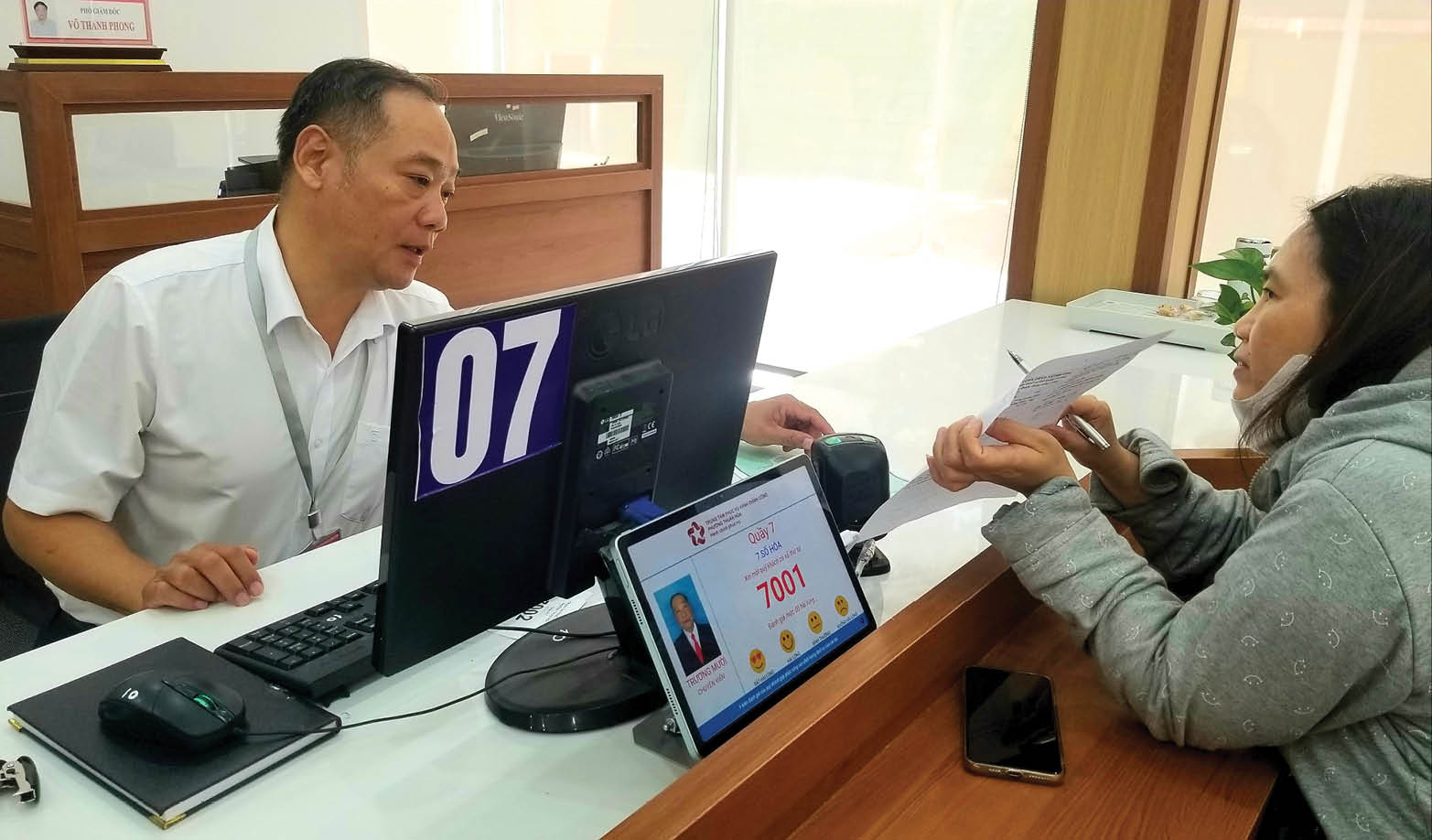 |
| When doing some procedures that have been provided with the full process, people skip submitting unnecessary paper documents. |
New step in administrative reform
On September 13, 2025, the Prime Minister issued Directive 24/CT-TTg on promoting technological solutions to serve people and businesses, linked to population data, electronic identification and authentication. From October 1, 2025, all records of 25 full-process online public services will be received and processed electronically, completely replacing paper records.
As a locality that is always at the forefront of administrative reform and digital transformation, this policy will be an opportunity for Hue city to make a breakthrough, towards a streamlined, transparent administration, better serving the people and businesses. The implementation of this model will help to minimize cumbersome procedures and eliminate duplicate documents. People can operate online or go directly to the Public Administration Service Center to be supported in submitting electronic documents and receive quick results, without having to carry a stack of documents like before.
According to Mr. Nguyen Kim Tung, Deputy Director of the Department of Science and Technology, people no longer have to worry about printing and photocopying many types of documents; businesses save time and costs. In particular, the system allows tracking the progress of document processing in real time, increasing transparency and responsibility of public agencies.
The list of 25 comprehensive public services covers many areas, including procedures such as: Birth registration, death registration, health insurance card issuance for children under 6 years old; permanent and temporary residence registration, driver's license issuance and renewal, criminal record, social insurance regime settlement, personal income tax settlement, new electricity supply, promotion notification... These are all groups of procedures closely related to people's lives and production and business activities. The digitization of the entire process is expected to promote the online working habit of people and businesses.
Through actual records, many people expressed their excitement. Ms. Nguyen Thi Thuy Duong (Thuy Xuan ward) said: Digital records help people avoid losing documents, personal information is stored clearly and accurately. Now personal data has been integrated on VNeID, so when doing procedures such as birth registration or residence confirmation, it is also faster, without having to prepare many paper copies. Even for small businesses and business households, eliminating paper records will significantly reduce costs and waiting and travel time. If the system operates stably, businesses will benefit substantially, creating motivation to expand investment.
An officer of the Thuan Hoa Ward Public Administration Service Center also acknowledged that this is an opportunity for officials and civil servants to improve their digital skills, change their working methods, and move towards a professional and modern service style, in the true spirit of digital government and service government.
Need for connectivity and digital skills
The new point of this model is that the entire process of receiving, processing and approving documents is digitized. Hue has many advantages when it has formed the Hue-S digital platform early, has a synchronous e-government infrastructure and the rate of people using online public services is increasing. The simultaneous deployment at the Public Administration Service Centers will create unity, avoid the situation of working in one place and not working in another, ensuring that all citizens benefit equally.
However, many grassroots one-stop-shop officials are still concerned and worried. In order to process electronic records accurately, the population database and specialized data must be complete and synchronized. But in reality, there are still many cases that have not been supplemented or are incorrect, such as information on the date of issuance of citizen identification cards that has not been updated, or marital status that is not accurate, etc. This requires close coordination between the city and departments and branches to standardize and connect data.
In addition, barriers also come from the habit of using traditional documents; a part of the population is not yet proficient in technology, especially in remote areas; many people have not installed or updated VNeID level 2. Regarding network infrastructure in some areas, it is still limited. Grassroots staff also need more time to improve digital skills to meet the requirements of processing electronic records.
To overcome this, the city has identified that, along with infrastructure investment and human resource training, communication work and guiding people to use digital services are key factors. Community digital technology teams continue to play a "hands-on" role, helping people get used to online procedures. The city is also building a centralized, secure data storage system to serve analysis and forecasting in management and operation. In addition, one-stop-shop staff also need to be continuously trained in digital skills. When the system operates stably, the processing of procedures will be faster, significantly reducing pressure on both state agencies and citizens.
According to the orientation, after successfully operating 25 full-scale public services, Hue will expand the application to many other fields, moving towards a completely electronic, transparent and modern administration, realizing the goal of turning Hue into a smart, friendly and serving city, in accordance with the spirit of Resolution 57-NQ/TW of the Politburo.
Source: https://huengaynay.vn/chinh-tri-xa-hoi/cai-cach-hanh-chinh/noi-khong-ho-so-giay-voi-cac-dich-vu-cong-toan-trinh-158101.html



![[Photo] General Secretary To Lam visits Long Thanh International Airport Project](https://vphoto.vietnam.vn/thumb/1200x675/vietnam/resource/IMAGE/2025/11/13/1763008564398_vna-potal-tong-bi-thu-to-lam-tham-du-an-cang-hang-khong-quoc-te-long-thanh-8404600-1261-jpg.webp)




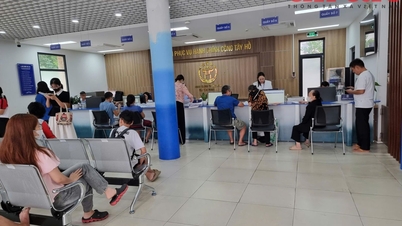

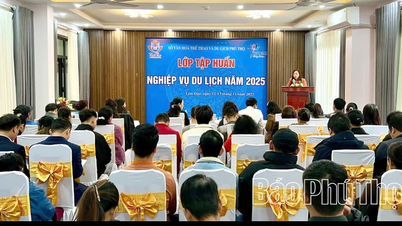










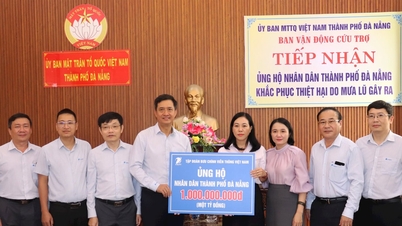





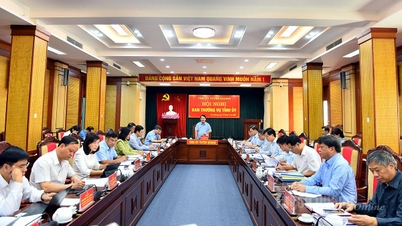






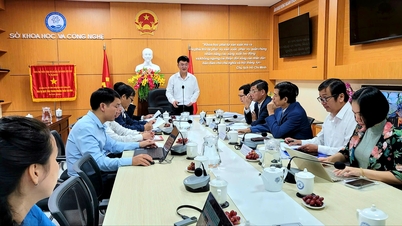
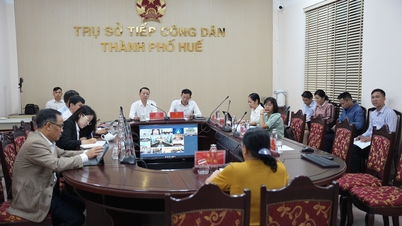


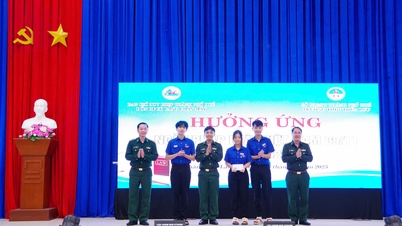























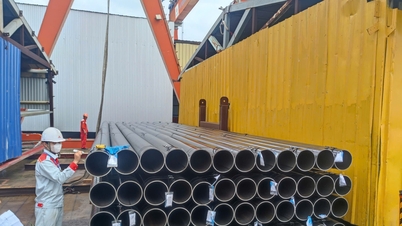



















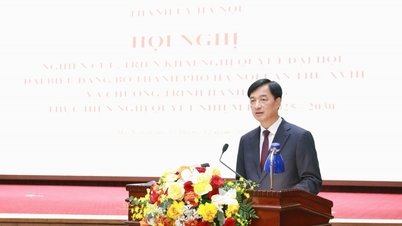



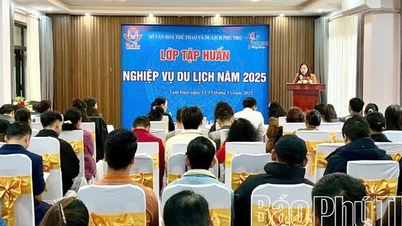


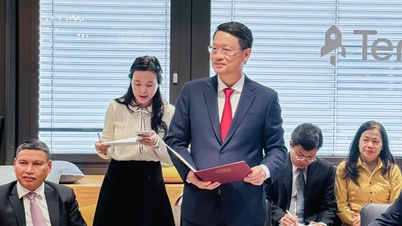









![Dong Nai OCOP transition: [Article 3] Linking tourism with OCOP product consumption](https://vphoto.vietnam.vn/thumb/402x226/vietnam/resource/IMAGE/2025/11/10/1762739199309_1324-2740-7_n-162543_981.jpeg)







Comment (0)